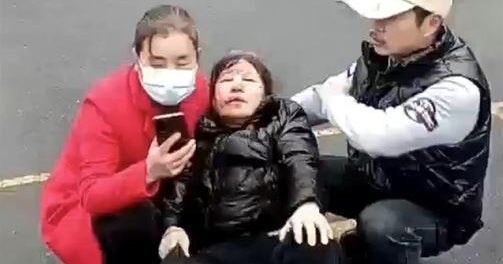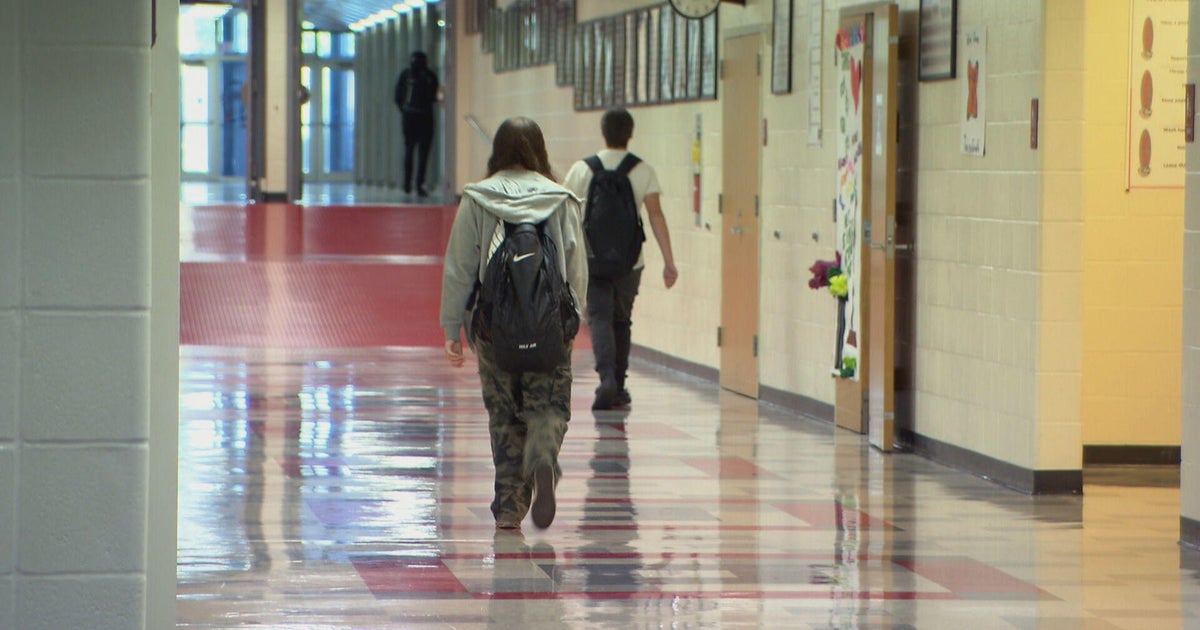"Beloved" isn't the only book parents have challenged. Here's why and how books get banned.
Last month, Glenn Youngkin, Virginia's Republican governor-elect, targeted Toni Morrison's "Beloved" in a campaign ad that featured a parent upset that the 1987 novel was taught to her son when he was a high school senior.
It is not the only book of Morrison's, a Black woman, to be challenged in some communities — and as the debate over education again heats up, books have become a flashpoint around the U.S.
A wide variety of books have been challenged or banned for a wide variety of reasons, according to the American Library Association, which keeps a running list of the most challenged books in libraries and schools.
Most of the books on the 2020 list — the most recent available — are challenged, banned or restricted due to alleged "LGBTQIA+ content," "anti-police messages," themes of race, "divisive language" and "sexually explicit language," according to the ALA.
Deborah Stone, director of ALA's Office for Intellectual Freedom, told CBS News there appears to be an organized effort to challenge books that deal with two broad topics: racism or Black American history and the LGBTQ community.
Stone said campaigns to ban books may be spreading more easily due to social media, and ALA has seen different people from different communities use the same language when arguing against books — a clue that they got the idea from someone else, possibly online.
She said campaigns to ban books are usually a coordinated effort by activists targeting school boards.
Books with themes about race are often banned under the "false claim" of critical race theory, Stone said. "We're talking about works of literature, we're talking about individuals talking about their experiences in society — not critical race theory," she said. "But there's a real effort to limit and restrict access to these materials."
Critical race theory acknowledges racial disparities that have persisted in U.S. history and offers an academic framework to understand how racism is reinforced in U.S. law and institutions.
There is no evidence it is taught in K-12 schools, but its tenets have inspired dozens of states to pass laws that ban critical race theory, which often makes it easier for parents to successfully campaign against certain books.
Under Texas' new law banning critical race theory in the classroom, teachers cannot discuss the idea that "one race or sex is inherently superior to another race or sex."
Jerry Craft's "New Kid," a book about an African American boy going to a new school that is majority White, "is not in any way racist or critical race theory," and has won literary awards, Stone said. But parents in Katy, Texas successfully stopped an October appearance by Craft, and had "New Kid" temporarily removed from the school "by simply saying it represented critical race theory," she said.
"It is inappropriate instructional material," Bonnie Anderson, a former candidate for the Katy Independent School Board, told CBS affiliate KKTV in October about the book. "They are pointed at White children displaying microaggressions to children of color. The books don't come out and say, 'We want White children to feel like oppressors,' but that is absolutely what they will do."
Another parent, Omerly Sanchez, told KKTV her elementary school-aged son loved the book. "He said it was funny," Sanchez said.
Like other laws that ban critical race theory, a new law in Tennessee bans teaching any concepts that would make someone feel "discomfort, guilt, anguish, or distress solely because of the individual's race or sex," and prohibits lessons that suggest anyone, based on their race or sex, is "inherently privileged, racist, sexist, or oppressive, whether consciously or subconsciously."
Sharon Roberson, the president and CEO of the YWCA of Nashville and Middle Tennessee, denounced the law. In a letter to the Tennessee Department of Education, Roberson said it will have harmful effects on children's education and society as a whole.
"The intention is really to put us in this war against each other. For people to say that if you discuss these issues this is going to cause harm to children, whereas teachers are trained to teach and if you really want your students to have the advantage of a global society that we're in, they're going to have to know their history," Roberson said.
Stone said it's not just books with themes of race that are often challenged. "Coming of age" books that depict puberty, sexuality or sex acts are commonly considered "obscene" — even though these themes are just one part of the book, and the concern often misrepresents the piece of literature as a whole.
"'Beloved' is one of the best examples of that — that's in the headlines right now — it isn't pornographic or obscene, it just deals with sex," she said.
The book, which is set in the Reconstruction era and vividly portrays the horrors of slavery and its legacy, contains passages that are violent and sexually explicit.
Republican lawmakers across Texas are working to enforce a ban on what they consider "divisive concepts."
Republican State Representative Matt Krause put together a list of 850 books he believes should be banned, including "Rainbow, a first book of Pride," aimed at young readers, and "Underneath It All: A History of Women's Underwear," aimed at young adults. Krause, a candidate for Texas attorney general, sent a letter to Texas school districts asking them to report how many books from the list they currently make available to students.
Krause also asked districts to identify any other books that may include: human sexuality, sexually transmitted diseases, HIV, AIDS, sexually explicit images or material that "might make students feel discomfort, guilt, anguish, or any other form of psychological distress because of their race or sex," according to CBS Dallas. CBS News has reached out to a representative for Krause for comment and is awaiting response.
Another Republican state lawmaker in Texas, Jeff Cason called on the state's attorney general to investigate school districts that have sexually explicit books in their library. One of the books he deemed inappropriate is "Gender Queer," by Maia Kobabe, which its publisher describes as a "useful and touching guide on gender identity."
Earlier this month, Texas Governor Greg Abbott echoed Krause and Cason's concerns and asked the Texas Association of School Boards to remove books from school libraries that could be what he called "pornographic" or "obscene."
Stone said books "that reflect the lives of LGBTQIA persons and families," are often targeted as "obscene" or "pornographic" – which they are often not. "You might not be the audience, your child might not be the audience, but more often than not, there is an audience for the books and often they are desperately needed," she said.
Parents of students in North Hunterdon High School in New Jersey also challenged books with LGBTQ themes such as "Gender Queer" and another coming-of-age novel, "Lawn Boy," according to My Central Jersey.
At a Hamilton County School Board meeting in Tennessee, parents turned out in large crowds over challenges to books on the reading lists for grades 8 through 12, including Angie Thomas' "The Hate U Give," CBS affiliate WDEF-TV reports.
In Virginia Beach, Virginia, school officials asked the superintendent to ban four books – "Lawn Boy," "Gender Queer," "A Lesson Before Dying" by Ernest Gaines and "The Bluest Eye" by Toni Morrison — for "pornographic content," according to The Virginian-Pilot, which obtained copies of their email to the superintendent.
Stone said censorship that forbids the reading of a certain book is a violation of library users' First Amendment rights. She also said every parent has a right to raise concerns about a book. "It's part of the First Amendment as well, the right to petition," she said.
ALA encourages libraries and school boards to hear concerns about books, but to also have a "reconsideration policy" in place that asks petitioners if they've actually read the book in its entirety and what the basis of their complaint is, Stone said.
Just because someone says a book is obscene or inappropriate, doesn't mean it actually is, Stone said. "It just means it doesn't meet their values or needs."




